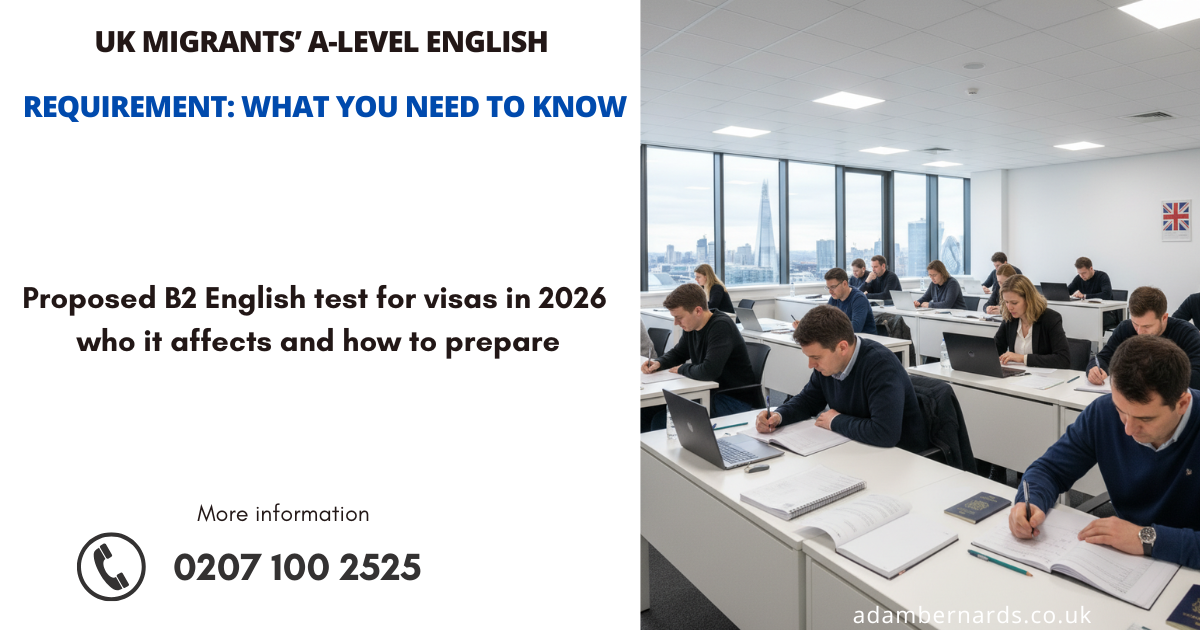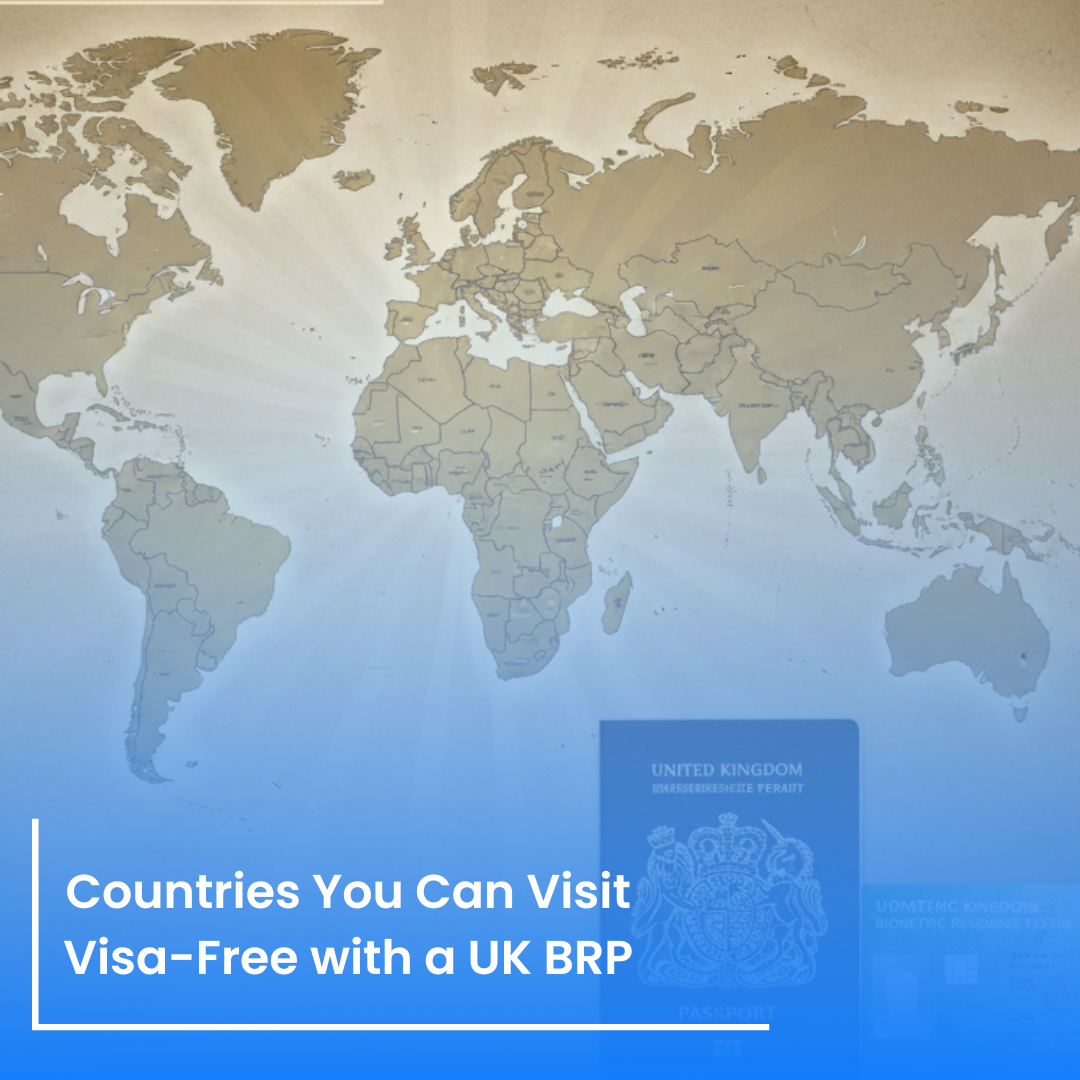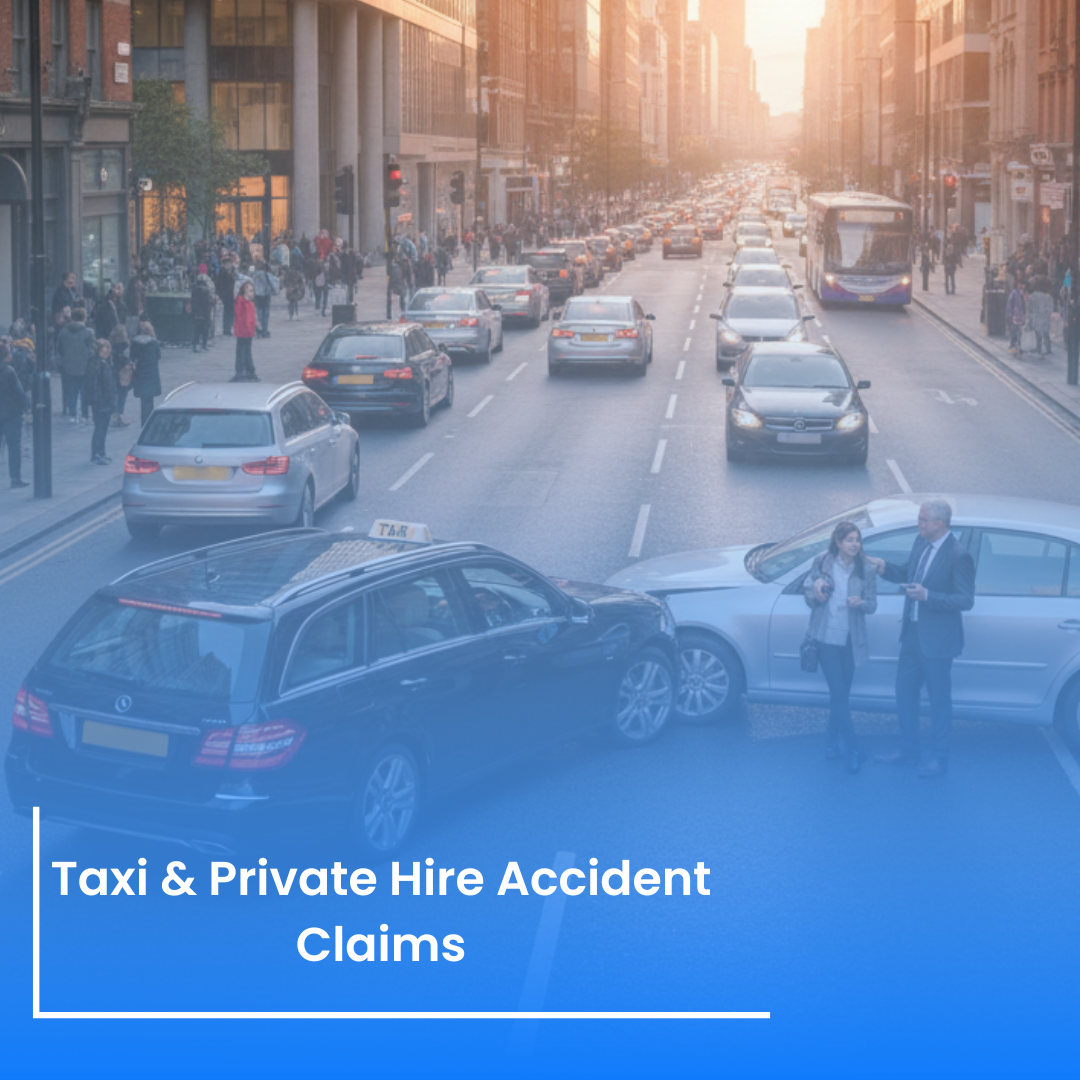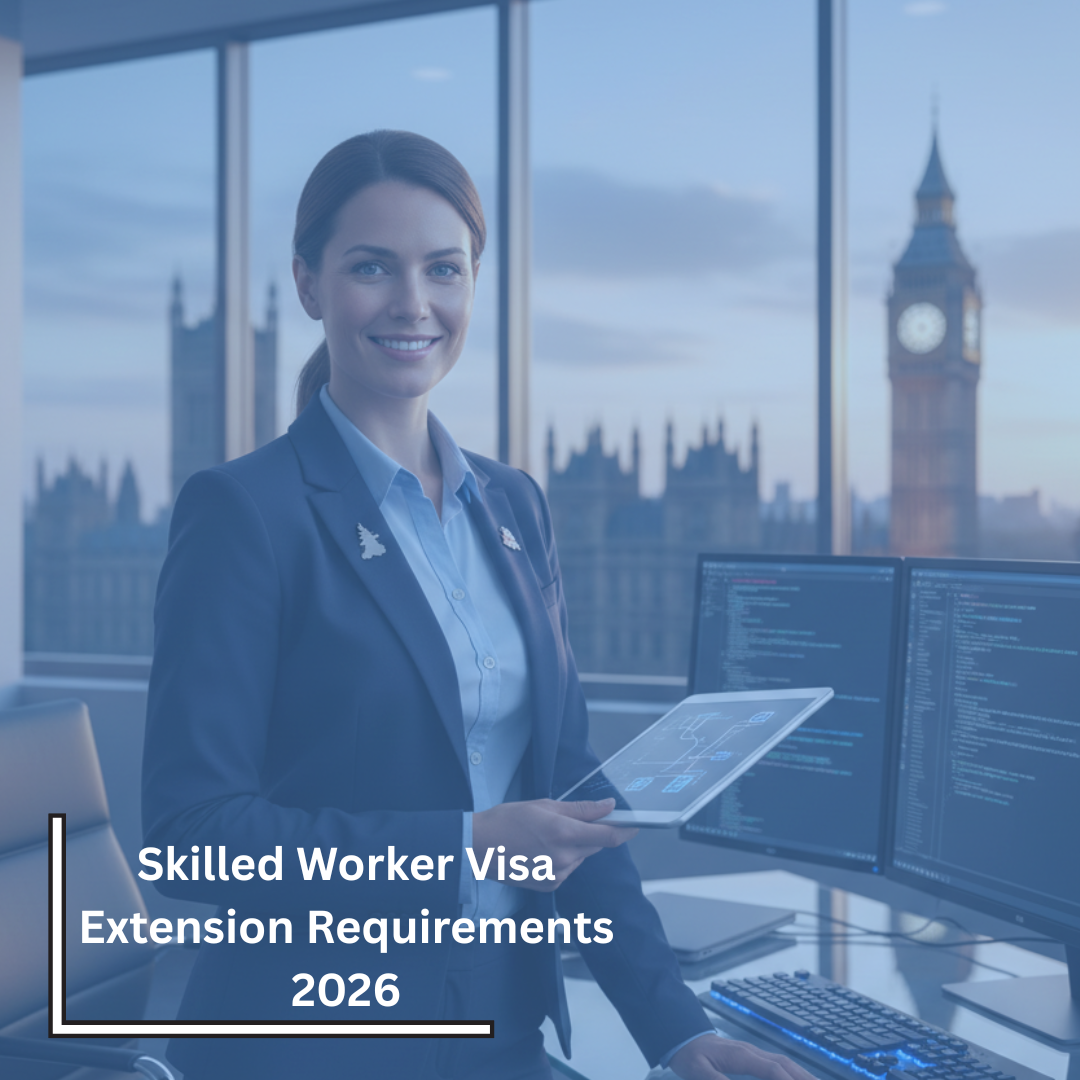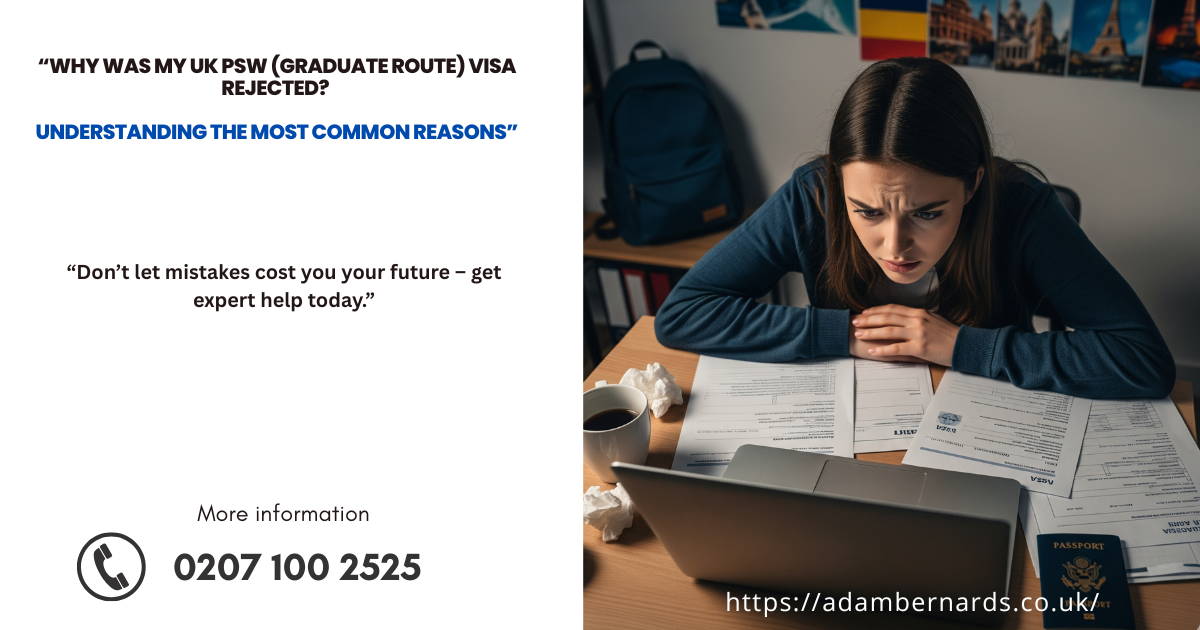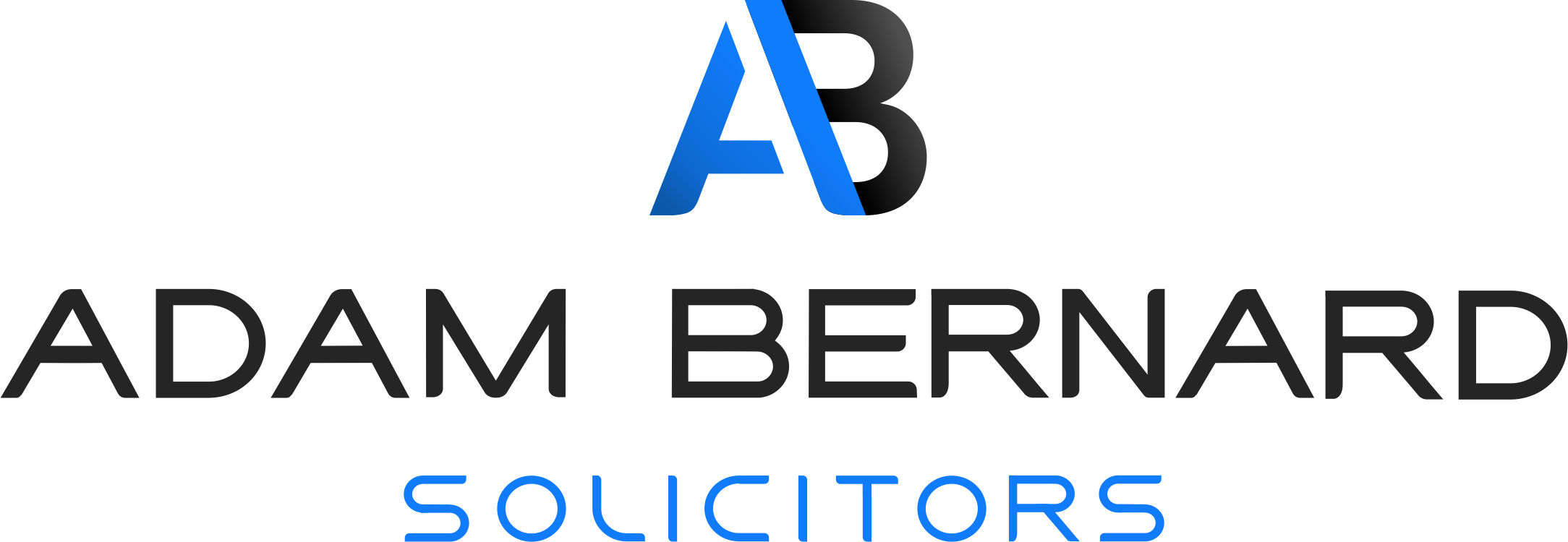What Has Changed?
The UK government has announced a significant change to immigration laws: raising the minimal level of English proficiency required of visa applicants.
Due to this shift, many migrants—including those requesting family, employment, or settlement visas—will soon have to perform at a level that is roughly equivalent to an A-Level in English.
A higher proficiency in English will be necessary for a number of visa categories, such as work, family, and settlement routes, under the new policy.
In the past, many applicants simply had to demonstrate intermediate (CEFR level B1) English ability.
For some visa categories, the new regulations will raise this requirement to a higher level (perhaps B2 or above).
The goal of the change is to: Facilitate improved workplace communication for new hires.
- Encourage civic engagement and assimilation into the community.
- Increased availability of improved training and work chances.
- Reduce dependence on language support and translation services.
- Make sure immigrants can immediately contribute completely to society.
This is one of the biggest shifts in language-based immigration policy in recent years.
Request a Call Back from Our Immigration Experts Today
Who Will Be Affected?
Many visa pathways will be subject to the increased language requirement, particularly those that involve permanent residence or long-term stay. They consist of:
- Applications for a skilled worker visa who are sponsored by employers in the UK.
- Applicants for family visas include spouses, partners, and dependents who are joining British citizens or permanent residents.
- Applicants for British citizenship and Indefinite Leave to Remain (ILR) are people who want to become naturalised or obtain permanent residence.
When Will the Change Take Effect?
The government has announced that the reform will take effect in early 2026 (exact month to be confirmed once official regulations are finalised).
If you are planning to apply soon, it’s strongly recommended to submit your visa application under the current rules if you still meet the existing lower B1 English level.
What You Can Do Now
- Assess Your English Proficiency Early
Take a practice IELTS test to find out your current English proficiency. Knowing your score early will help you plan if additional preparation is needed.
- Seek Legal Advice
Immigration rules are complex, and small mistakes can lead to refusal or delays. Our team can help you:
- Determine whether the new B2 rule applies to your specific visa route.
- Advise on the best timing for your application.
- Ensure your documents and test certificates meet Home Office standards.
Assist in appeals or refusals related to English language testing.
Frequently Asked Questions
What is the new A-Level English requirement for UK visas?
The UK Government plans to raise the English language requirement for certain visas to CEFR level B2, equivalent to an A-Level standard of English. This is higher than the previous B1 requirement.
Which visa routes are affected by the new English rule?
The reform will affect Skilled Worker, Family, Spouse/Partner, and Settlement (ILR or British Citizenship) applications.
When will the new English requirement take effect?
The change is expected to come into force in early 2026, although the exact date will be confirmed by the Home Office closer to implementation.
What is the difference between B1 and B2 English levels?
B1 represents an intermediate level, while B2 indicates upper-intermediate proficiency — meaning you can communicate fluently, write clearly, and understand complex ideas in English.
Will this change affect Skilled Worker visa sponsors?
Yes. Employers sponsoring migrant workers must ensure that applicants meet the updated English language requirement when applying for sponsorship or visa renewal.
Can I get an exemption from the English language test?
Certain applicants may be exempt — for example, nationals of majority-English-speaking countries or individuals with a qualifying English-taught degree. Legal advice is recommended to confirm eligibility.


